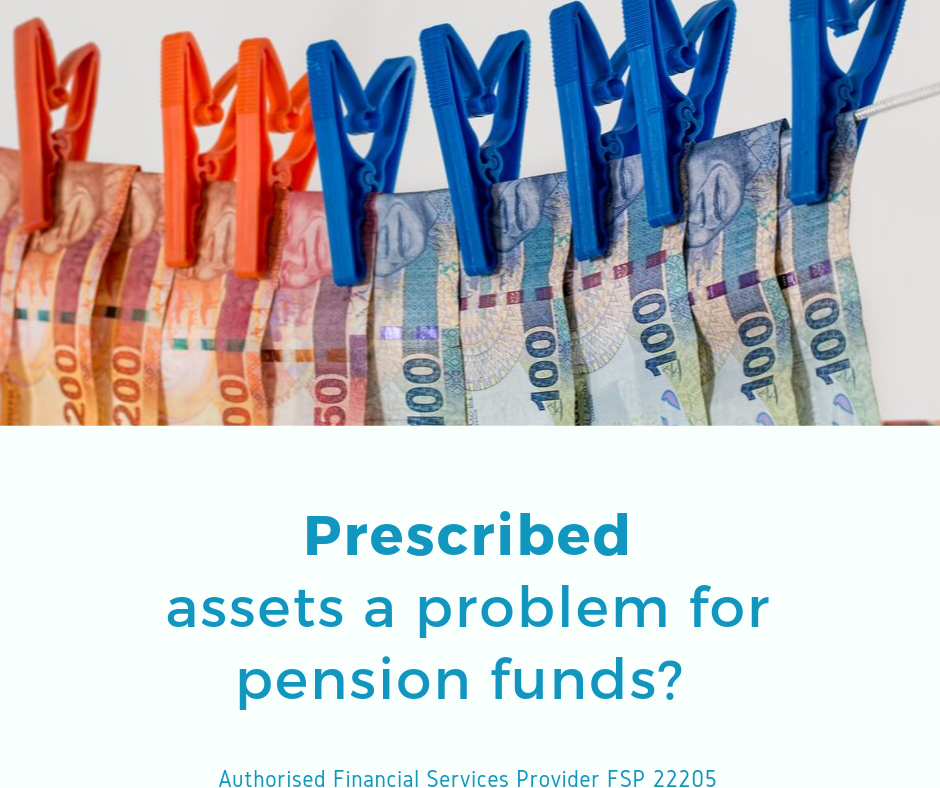It is counterproductive to impose a tax on individual savers in the form of prescribed assets. Why offer a tax benefit with one hand, only to take it away with the other?
One of the main criticisms of prescribed assets is that forcing pension funds into these investments would hurt individual savers. Besides the market distortions that prescribed assets would create, everyone understands that they would deliver below market returns.
Under South Africa’s previous dalliance with prescribed assets, this impact was primarily felt by employers. This is because pension funds back then were run in a different way – they were all based on defined benefits.
This meant each member did not have their individual pot of money as they largely do today. Everyone was guaranteed a pension by their employer after retirement, which was a percentage of their final salary. The employer had to carry the risk of making sure that the pension fund had enough money to meet these payments. When prescribed assets lowered returns, employers simply had to put more money into their pension funds to ensure that there was enough there to pay out what was required.
If prescribed assets were introduced today, however, it is individual members within these funds who would face this problem.
If they had to accept lower returns, their prospects for being able to retire comfortably would be directly affected. In a country where it is already accepted that the vast majority of people cannot expect to retire on anything close to a reasonable percentage of their final salaries, this cannot just be brushed aside. There is no question that prescribed assets would only make this problem worse.
It’s not just about the money
There is a counterargument to this; that regardless of the financial benefit workers can expect to receive in retirement, many South Africans have little worth retiring to. The infrastructure in many parts of the country is so poor that whether people can ‘afford’ to retire or not, their standard of living is going to be low because their basic needs like sanitation, transport and healthcare are not being met.
According to this line of thinking, taking some of their pension money and using it to improve infrastructure in the areas where people may want to retire to is, therefore, perhaps of even greater benefit to them than the money itself.
This may appear to be an alluring argument, but it is fatally flawed. That is because the provision of infrastructure and the services that go along with it is government’s responsibility. Any money appropriated from anywhere to pay for these things is therefore a tax.
One of the fundamental elements of retirement savings vehicles in South Africa, however, is that the money invested within them attracts no tax.
Members are not taxed on their contributions, they are not taxed on any interest they earn within the fund, and there are no capital gains tax considerations. They only potentially pay tax on what they take out at the end.
This is arguably their most vital feature. Government has carefully constructed these vehicles using these tax incentives to encourage people to save.
It is therefore counterproductive to then impose a tax on individual savers in the form of prescribed assets. Why offer a tax benefit with one hand, only to take it away with the other? These two things would simply cancel each other out.
The tax incentives matter
This is not just a case of muddled thinking. It is a profoundly problematic proposition because if a tax is introduced into pension funds, this will discourage saving.
The argument in favour of prescribed assets assumes that the pot of money inside South Africa’s pension funds will always be there. However, there is no obligation on companies to offer a pension fund to their employees, and those who do not have a company pension fund are not obliged to save in a comparable vehicle.
Currently, both of these groups of people do so because they see the benefit in these products. But that does not mean they will continue to see things this way under any circumstances.
Bear in mind that money in any retirement vehicle is inaccessible until the member leaves employment or retires. People will reject having their money tied up in this way if they are not getting a significant benefit from it.
At the moment, that is what the tax incentives do. Overriding those with prescribed assets will upset the rationale for these products.
Of course, there is a certain amount of money that is already in pension funds that cannot be withdrawn, but that only makes the problem worse if prescribed assets does have the effect of chasing investors into other vehicles or from saving at all. That is because government would effectively be prejudicing those whose money is held in those pension funds and who can’t get it out. That is profoundly undemocratic.
Let’s have the right discussion
There is no question that South Africa has a legacy of unequal infrastructure and service provision that must be addressed with a great deal of urgency. There is also no question that private capital should also play a role in doing so.
We would, however, be far better off debating how we make that happen in a sustainable fashion rather than talking about prescribed assets. That is not a workable solution and will ultimately create more problems than it solves.

